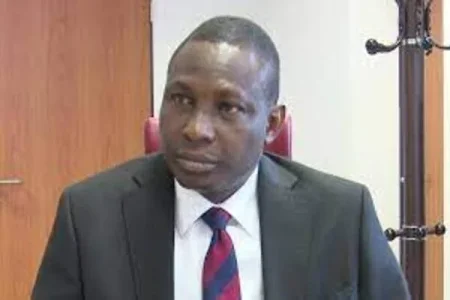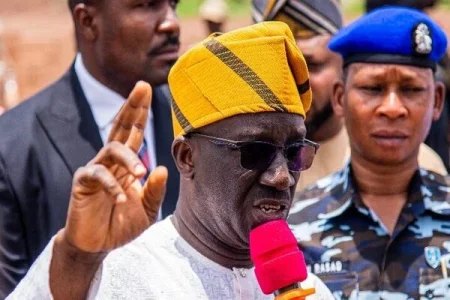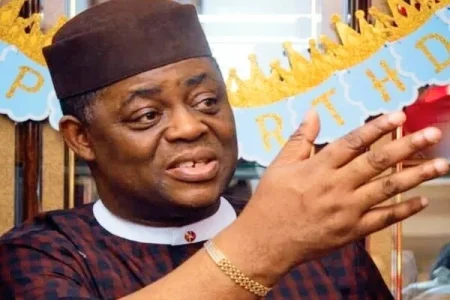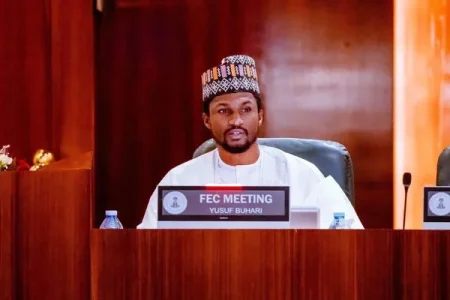
EFCC Chairman Ola Olukoyede expressed shock over Nigeria's survival despite massive public fund theft by corrupt officials. He stressed the need for transparency and accountability to combat systemic corruption, highlighting the audacity of financial misconduct in the country.
In a startling revelation, Ola Olukoyede, Chairman of the Economic and Financial Crimes Commission (EFCC), expressed his disbelief that Nigeria continues to stand despite the staggering amount of public funds siphoned off by corrupt officials. This sentiment was shared during a meeting with the management team of the Revenue Mobilisation Allocation and Fiscal Commission, led by its Chairman, Mohammed Shehu, on Tuesday, July 2, 2024.
Olukoyede, the first southerner to head the anti-graft commission, emphasized the gravity of the situation by stating, "When I look at some case files and see the humongous amount of money stolen, I wonder how we are still surviving. If you see some case files, you will weep." His remarks highlighted the deeply entrenched corruption that plagues Nigeria, illustrating a scenario where public funds are illicitly transferred to private accounts just before the fiscal year ends.
The EFCC boss pinpointed public corruption as the primary catalyst for Nigeria's broader corruption issues. "The way they move unspent budget allocation to private accounts in commercial banks before midnight at the end of a budget cycle, you will wonder what kind of spirit drives us as Nigerians," he added, underscoring the audacity and scale of financial misconduct.
Olukoyede's observations bring to light the challenges faced by Nigeria in its battle against corruption. He underscored the necessity for greater transparency and accountability in both the public and private sectors. "A situation where somebody would hold a public office or position of trust for years and you call him to account and he says No, he would not account, is not acceptable," he asserted.
His comments come at a time when the nation is grappling with the socio-economic impacts of corruption, which has stunted development and eroded public trust. The EFCC chairman's revelations serve as a stark reminder of the urgent need for systemic reforms to combat corruption and promote good governance in Nigeria.




